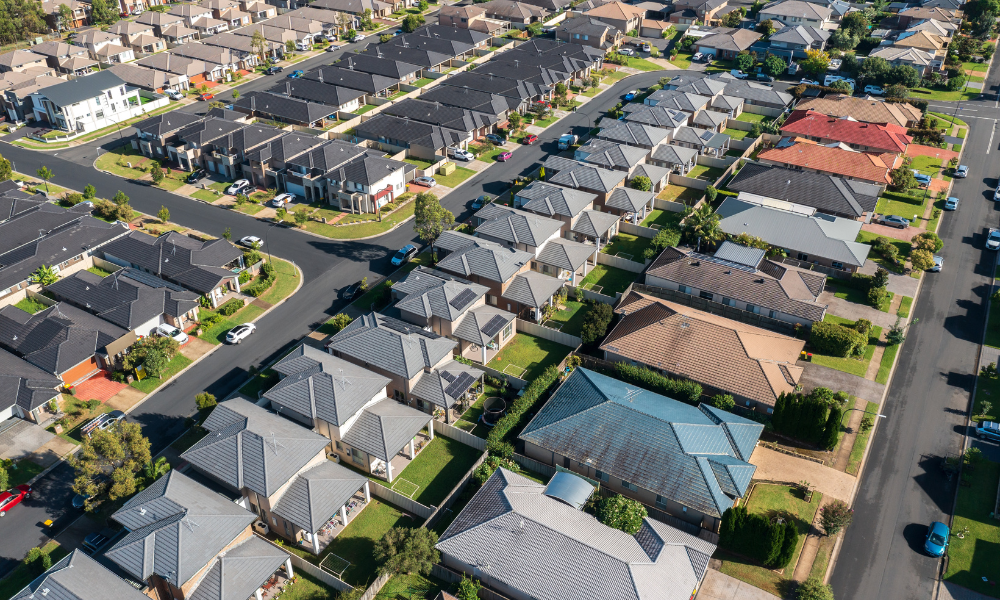Ruling party's home building targets facing credibility test

Labor’s ambitious home building targets are facing another credibility test, this time from Big Super.
Industry super funds, which are critical backers of the Albanese government’s $10 billion Housing Australia Future Fund (HAFF), have stalled on their commitments to fund social and affordable housing.
According to a report in the Australian Financial Review, IFM Investors, which represents major players like Cbus, Host plus and Rest Super, has barely deployed capital for HAFF-backed projects.
IFM Investors announced its support of HAFF when Treasurer Jim Chalmers laid out plans to build 40,000 social and affordable rental homes by 2028 in November 2023.
IFM Investors’ head of global external relations David Whiteley, said the group continued “to work with community housing providers to identify and assess investment opportunities”, but the company also admitted to being involved in few HAFF-backed projects at this point in time.
Only around 700 HAFF-funded homes are expected to be completed this financial year, with multiple setbacks including investor uncertainty, planning bottlenecks, and an election-related pause in contract finalisation.
Meanwhile, Assemble – a separate venture backed by AustralianSuper and HESTA – has shown more momentum, securing deals for nine projects totaling 2,650 dwellings across several states, with a tenth in the pipeline in South Australia.
Labor made housing the cornerstone of its successful election campaign, but the party’s plans to deliver 1.2 million new homes over five years is looking more and more like a pipedream.
Fresh data from the Australian Bureau of Statistics shows residential building approvals fell again in April, declining by 0.3% after a 1.9% drop in March.
Detached house approvals alone fell 1.2% in April, continuing the negative trend that casts doubt on the feasibility of the Albanese government’s housing targets.
The Property Council of Australia acknowledged a modest improvement in New South Wales dwelling approvals for March 2025 but warned the state remains well behind schedule in meeting its housing targets.
To stay on track with the National Housing Accord’s target, 60,000 new homes need to be built each quarter. Data released by the Australian Bureau of Statistics (ABS) earlier this year showed that only 44,884 homes were constructed during the September quarter, the first three months since the accord officially began on July 1, 2024.



